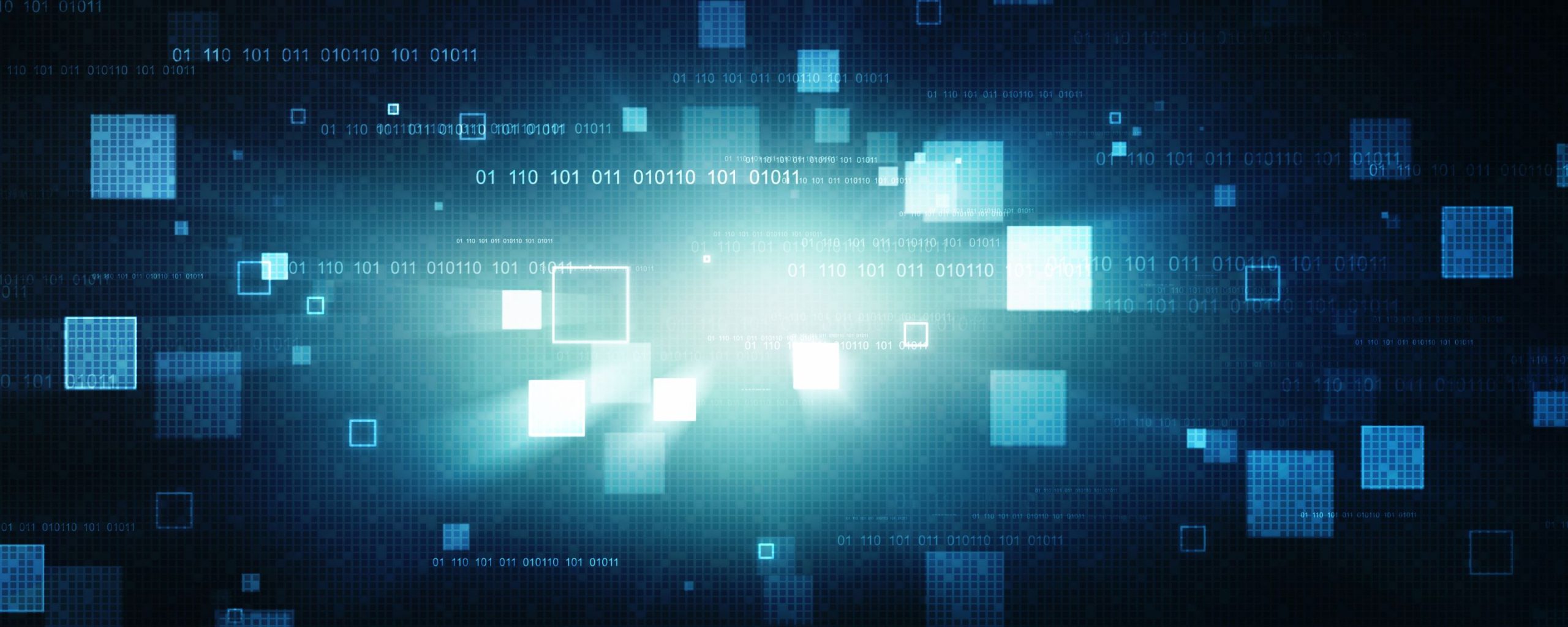The learning ability of AI systems means that they no longer have to be completely programmed but can constantly learn by themselves. They can change their behaviour through the input of data from the outside world. The combination of AI with technologies such as the Internet of Things (IoT, widely installed sensors and actuators which are low cost and highly available), 5G and fog/edge computing will collect and create large amounts of data, ready to feed AI systems. If data is the fuel, AI algorithms are the engine.
AI holds great promise. But when the adoption of this technology increases, their liabilities also emerge. If the algorithms fail to perform as expected, the result can be economic loss and business interruption, personal injury and property damage, professional liability, medical malpractice and cyber exposure.
The European Union is working on a comprehensive legal framework for AI and a harmonised liability regime specifically for AI systems. Meanwhile, general civil law concepts like the duty of care and product liability govern who will be liable if damage occurs when these systems fail.
We assist our clients in disputes and assessing whether they are sufficiently protected against AI liability risks and taking the appropriate steps to improve this protection.







